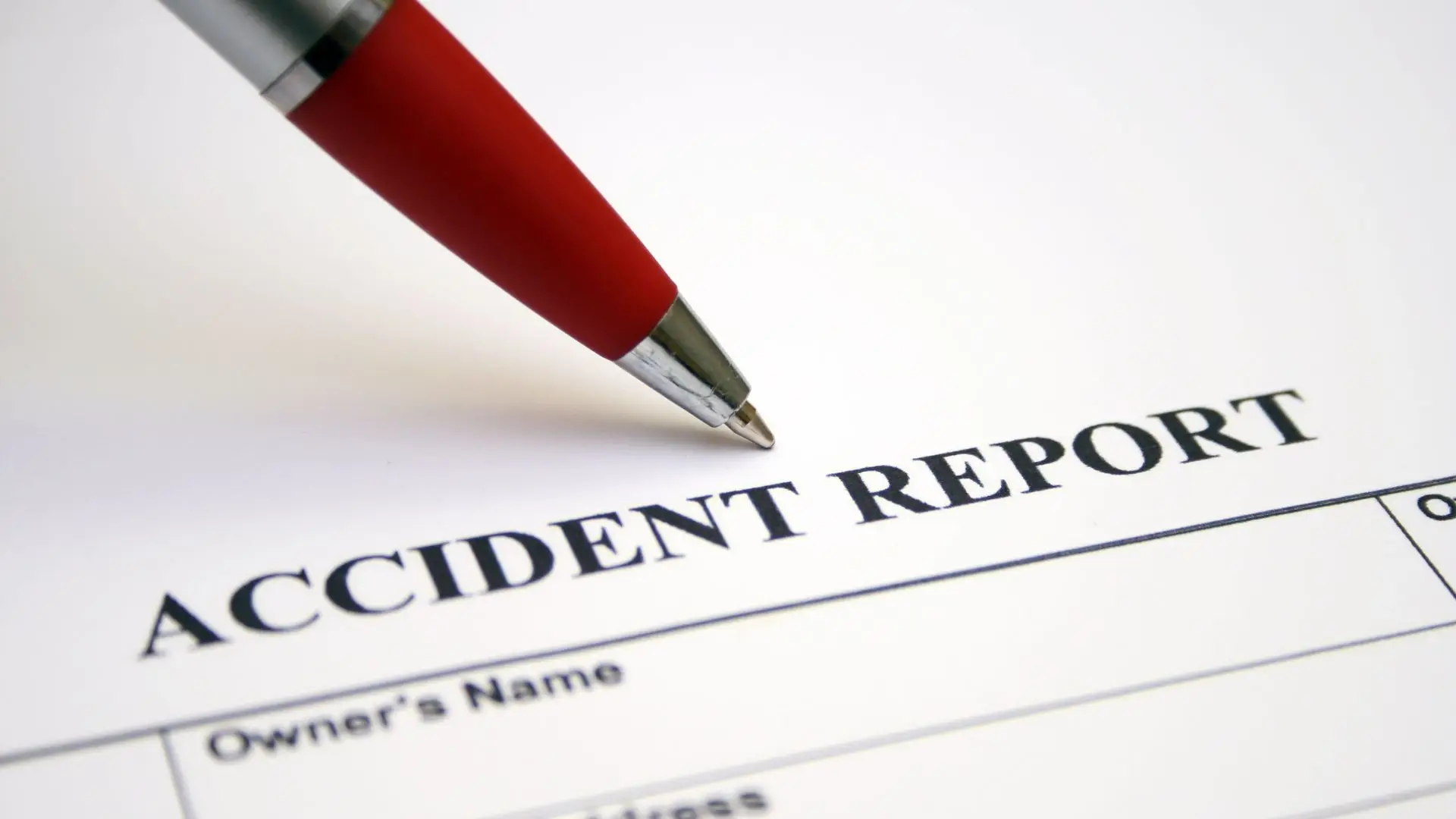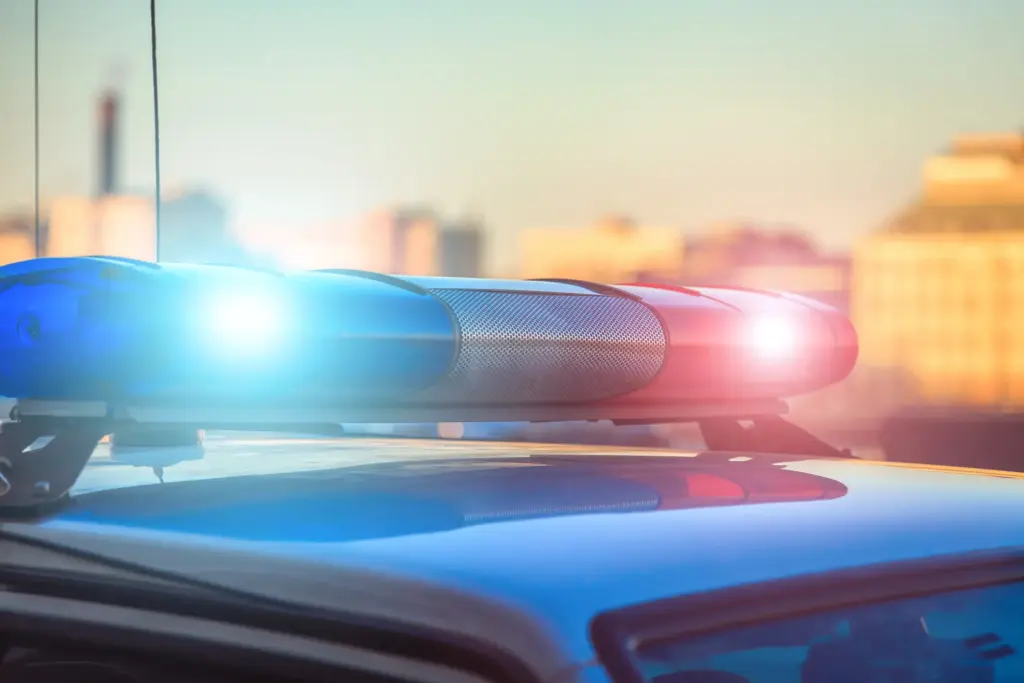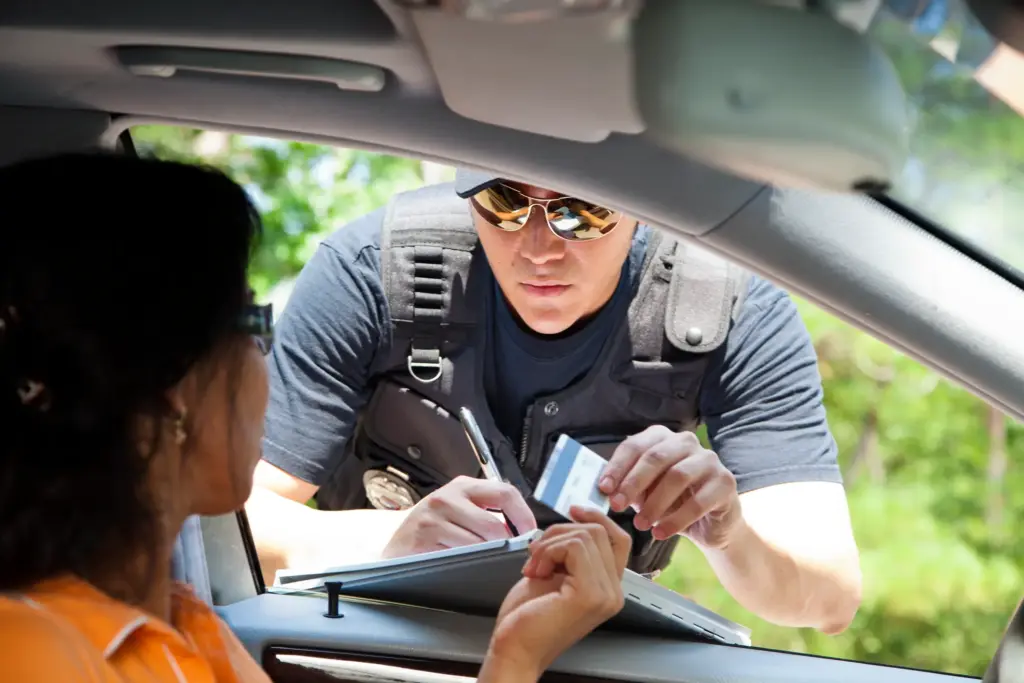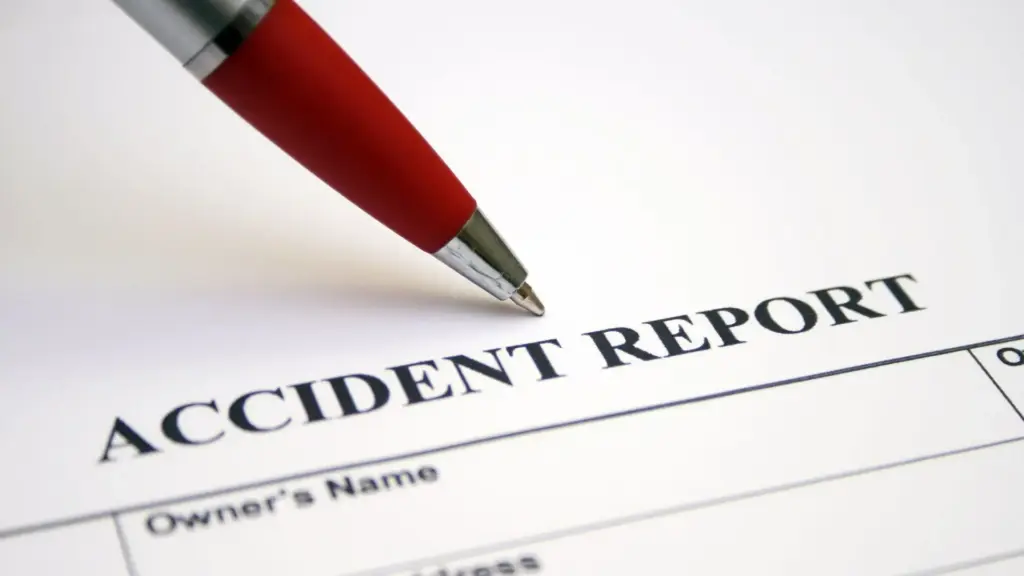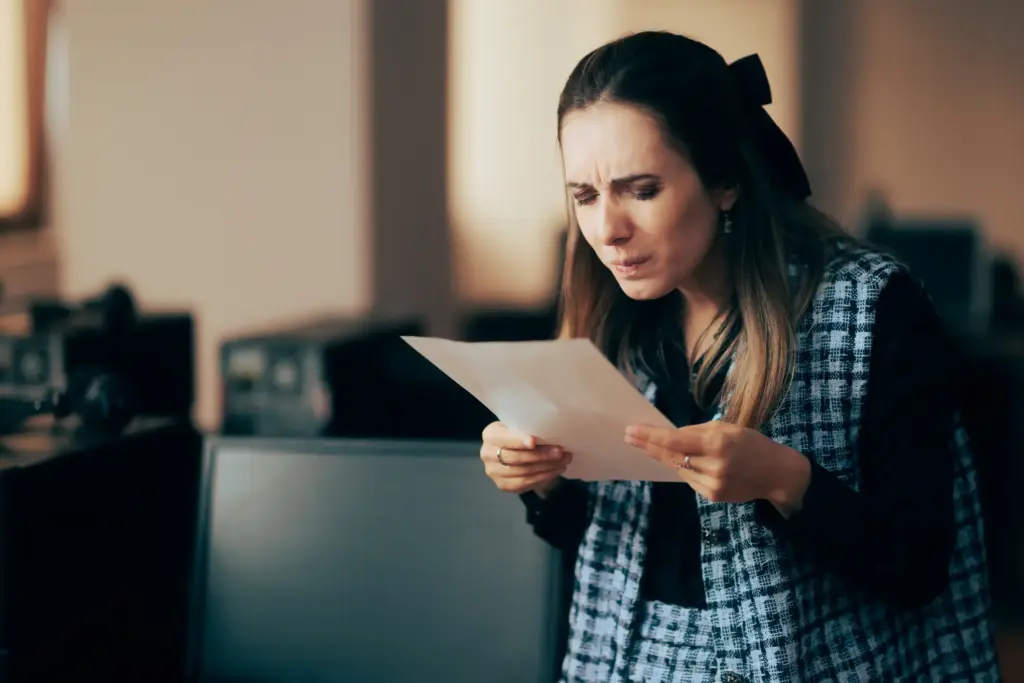A car accident can leave you shaken and confused, whether it’s a fender-bender on the 405 freeway or a serious crash downtown. But if there’s one thing you must remember to record when in an accident, it’s the police report. It’s like the official transcript of what happened. A straightforward account that can tip the scales for your insurance claim or legal case.
At West Coast Trial Lawyers, we’ve helped thousands of Californians navigate the aftermath of car accidents, securing over 1.7 billion dollars for our clients. In this article we explain why a police report matters and how to get one to protect your rights.
Why a Police Report Is Important
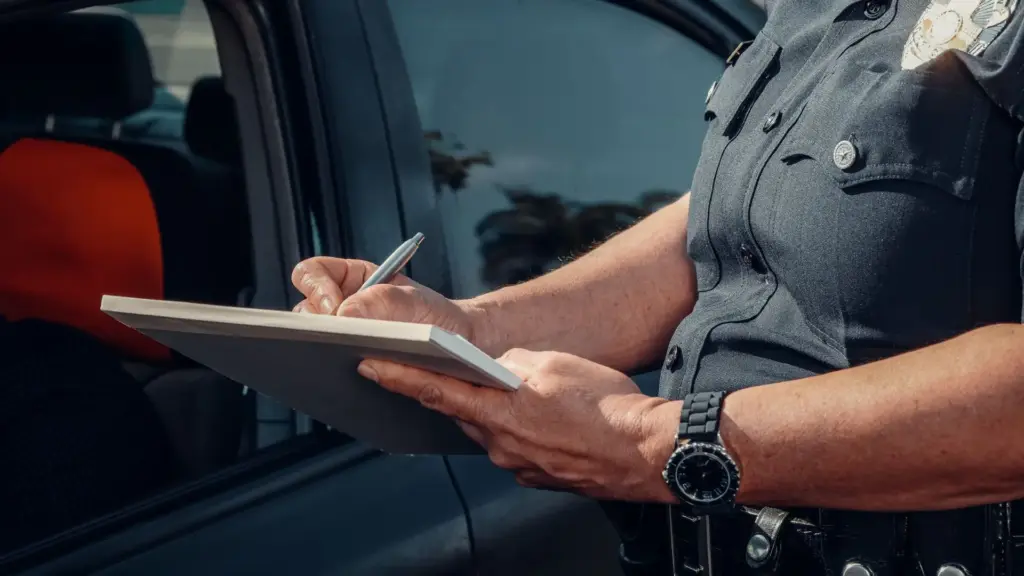
A police report isn’t just paperwork—it’s your strongest ally when dealing with insurance companies or legal disputes.
Insurance Claims
Most insurers require a police report to process claims, as it verifies details like fault, damages, and injuries under California law (Vehicle Code Section 16000 requires reporting accidents with damages over $1,000).
Legal Protection
If the other driver flips their story or blames you, the report’s impartial account, backed by officer observations, can shield you in court or settlement talks.
Evidence for Your Case
From witness statements to crash diagrams, the report provides critical proof to support your claim for medical bills, repairs and pain and suffering.
When Is a Police Report Filed?
At the Scene: If you call 911 and an officer responds, they’ll typically file a report, providing you with a report number or slip. In California, officers are required to document accidents involving injuries or significant damage (Vehicle Code Section 20008).
After the Fact: If police weren’t called, you can file a report at the nearest police station, especially for injuries or damages exceeding $1,000. You must report to the DMV within 10 days for such cases (Vehicle Code Section 16000).
Who Can Request a Police Report?
- Involved Drivers: If you were in the accident, you’re entitled to a copy of the report.
- Attorneys or Insurers: Your lawyer or insurance agent can request it on your behalf, often with a signed release form.
- Others: Passengers or witnesses may also access reports in some cases, depending on local policies.
How to Get a Police Report in California
Step 1: Identify the Agency That Responded
To get your police report, first find out which law enforcement agency handled the crash. This usually depends on the location of the accident:
- City streets: Contact the local police department (e.g., LAPD for Los Angeles).
- County roads: Reach out to the County Sheriff’s Department.
- Freeways and highways: Contact the California Highway Patrol (CHP).
Tip: If you’re unsure, your insurance provider or citation (if given) often lists the responding agency.
Step 2: Gather the Required Information
Before making your request, collect the following details to help locate the report:
- Date and time of the accident
- Exact location (cross streets or freeway exit)
- Full names of the drivers involved
- Police report number (if given at the scene)
- Your driver’s license number or vehicle license plate
Having these ready will speed up the process.
Step 3: Request the Report
You can request the police report in one of three ways, online, in-person or by mail depending on the agency’s policies:
Many California police departments and CHP offices allow you to request a report online through their website. Simply search for:
“[Your City] police department accident report request”
Then follow the portal instructions and upload your ID or incident info as required.
In Person
Visit the agency’s records or traffic division during business hours. You’ll usually need to:
- Fill out a request form
- Show identification
- Pay a small fee (typically $10–$25)
By Mail
To request by mail, write a formal letter including:
- All accident details
- Your contact information
- A copy of your ID (if requested)
- A check or money order for the required fee
Mail it to the Records Division of the agency that handled the accident.
What If You Don’t Know Which Agency Responded?
Check the Location
City accidents usually involve local police, while freeway crashes fall under CHP jurisdiction. Rural areas may involve county sheriffs.
Call Non-Emergency Lines
Contact local law enforcement’s non-emergency number (e.g., 311 in Los Angeles) to confirm which agency handled your case.
How Long Does It Take and What’s the Cost?
Reports typically take 3–14 days, depending on the agency’s backlog. Serious accidents involving injuries or fatalities may take longer due to investigations. In regards to the cost, some agencies charge $10–$25 for reports, others offer free to involved parties. Check with the department (e.g., CHP’s fees are in Government Code Section 6254).
What’s in a Police Report?
A police report has all the details that support your case:
- Date, time and location of the accident
- Officer’s observations and fault assessment
- Witness statements and contact info
- Diagrams or photos of the scene
- Weather, road conditions and contributing factors
- Driver and insurance information
This information helps insurers and courts determine liability and damages, so the report is the backbone of your claim.
Can You Dispute a Police Report?
If the report has errors—like incorrect fault or missing info—you can:
- Ask for a supplemental report from the agency, providing evidence like witness statements or photos.
- Submit a written statement to the agency to clarify your version of events.
Our attorneys at West Coast Trial Lawyers often work with clients to correct mistakes, so the report supports your claim.
What If No Report Was Filed At the Scene?
If police didn’t show up, you can still build a case if you:
- Took photos of the vehicles, the damage and the scene.
- Exchanged driver and insurance info.
- Got any witness contacts.
- Filed a report later at the police station or DMV (required for damages over $1,000).
Not required for minor accidents in California, but a report helps with injuries or disputes.
Tips for an Accurate Police Report
- Speak clearly and factually to the officer, don’t guess or admit fault.
- Point out witnesses, security cameras or traffic cams (common in cities like Los Angeles).
- Ask for the report number before the officer leaves.
Don’t Wait—Get Your Police Report Today
A police report is the key to getting fair compensation after a California car accident. Whether you’re dealing with insurers or preparing for a lawsuit, this is your foundation. Don’t let delays or disputes hold you back.
Contact West Coast Trial Lawyers for a free, no obligation consultation at (213) 927-3700 or fill out our easy online contact form. Our California car accident lawyers are here to help you get the justice and compensation you deserve.
